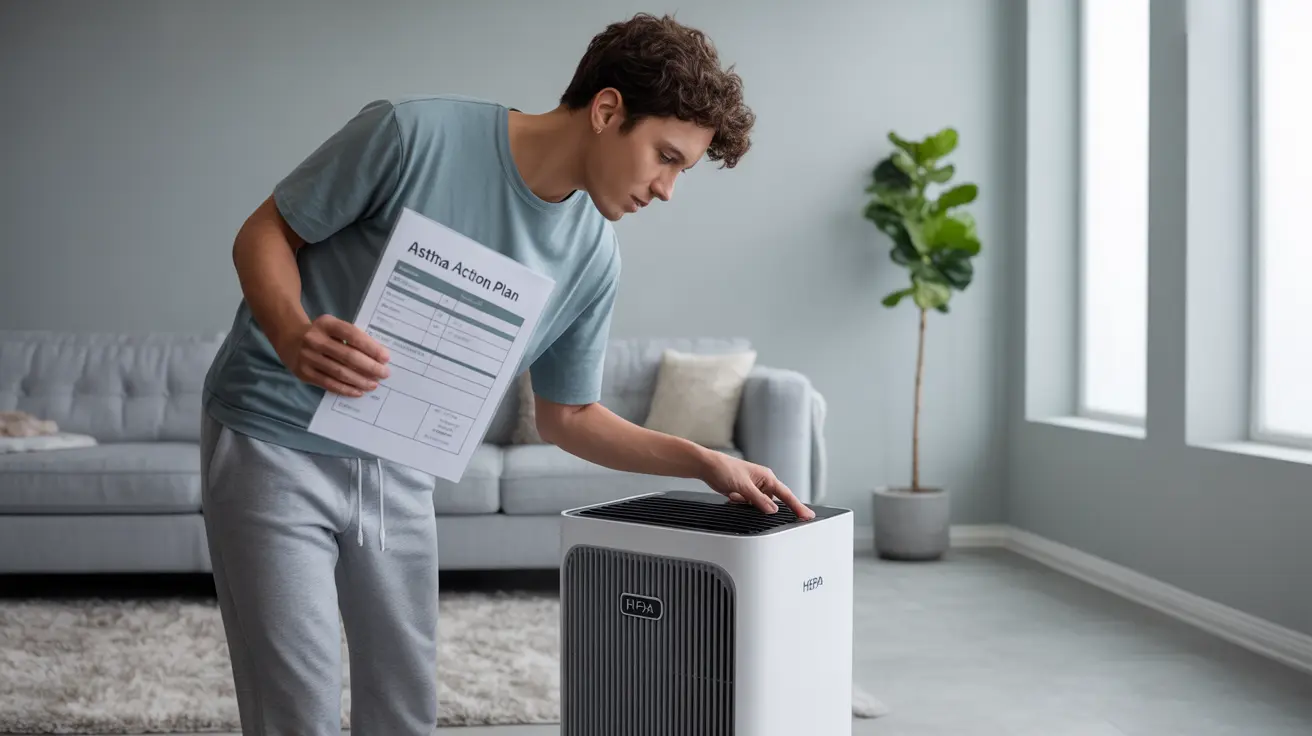Living with allergic asthma requires a comprehensive approach to self-care that can significantly improve your quality of life. Understanding and implementing effective management strategies is crucial for preventing flare-ups and maintaining optimal respiratory health. This guide will explore proven methods to help you take control of your allergic asthma through practical self-care techniques.
Understanding Allergen Avoidance and Prevention
The cornerstone of allergic asthma management lies in identifying and avoiding triggers that can spark asthma symptoms. Creating an environment that minimizes exposure to common allergens is essential for preventing attacks and maintaining respiratory wellness.
Common Allergen Triggers to Watch For
- Indoor allergens (dust mites, pet dander, mold)
- Outdoor allergens (pollen, grass, trees)
- Environmental irritants (smoke, strong odors)
- Seasonal changes
- Air pollution
Creating an Asthma-Friendly Home Environment
Transform your living space into a sanctuary that supports your respiratory health. Regular cleaning and maintenance can significantly reduce allergen exposure and help prevent asthma symptoms.
Essential Home Modifications
- Install high-efficiency air filters
- Maintain optimal humidity levels (30-50%)
- Use allergen-proof bedding covers
- Remove carpeting when possible
- Keep pets out of bedrooms
Developing an Effective Medical Management Plan
Working with healthcare providers to create a comprehensive asthma action plan is crucial for successful self-care. This should include both preventive measures and emergency protocols.
Key Components of Asthma Management
- Regular use of prescribed controller medications
- Proper inhaler technique
- Peak flow monitoring
- Written action plan for emergencies
- Regular medical check-ups
Lifestyle Modifications for Better Control
Incorporating healthy lifestyle choices can significantly impact your allergic asthma management. Focus on activities and habits that support overall respiratory health while avoiding those that may trigger symptoms.
Beneficial Lifestyle Changes
- Regular moderate exercise
- Anti-inflammatory diet choices
- Stress management techniques
- Adequate sleep
- Maintaining a healthy weight
Frequently Asked Questions
What are the best ways to avoid allergens that trigger allergic asthma symptoms?
The most effective ways include using air purifiers with HEPA filters, keeping windows closed during high pollen days, washing bedding weekly in hot water, and regularly cleaning or replacing air filters. Consider using a mask when outdoors during high allergen periods.
How can I create a home environment that reduces asthma flare-ups?
Focus on maintaining clean air by using HEPA filters, keeping humidity levels controlled, regularly cleaning surfaces, and removing potential allergen sources like carpets and curtains. Consider using hypoallergenic bedding and implementing a no-shoes policy indoors.
What medications and asthma action plans are recommended for managing allergic asthma?
A comprehensive plan typically includes both controller medications (like inhaled corticosteroids) and rescue medications (such as short-acting beta-agonists). Work with your healthcare provider to develop a written action plan that outlines daily management and emergency response procedures.
How do lifestyle changes like diet, exercise, and stress management help control allergic asthma?
These changes can reduce inflammation, strengthen respiratory muscles, and improve overall immune function. An anti-inflammatory diet, regular moderate exercise, and stress-reduction techniques like meditation can help minimize asthma symptoms and improve lung function.
When should I see a doctor for allergic asthma symptoms despite self-care efforts?
Seek immediate medical attention if you experience frequent use of rescue medications, persistent symptoms despite following your action plan, difficulty speaking due to shortness of breath, or if your peak flow readings fall below your personal best. Regular check-ups are also essential for monitoring and adjusting your treatment plan.
Remember that effective self-care for allergic asthma requires a consistent, multi-faceted approach. Stay committed to your management plan and maintain open communication with your healthcare team for the best possible outcomes.




